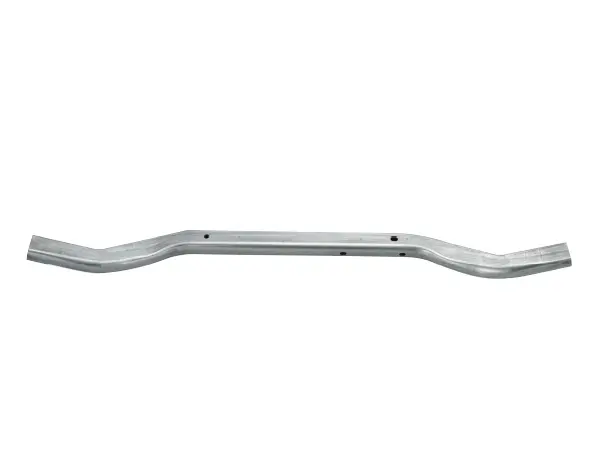

The Automotive Parts Industry An Overview
The automotive parts industry forms a critical backbone of the global automotive sector, providing essential components that are integral to the production and maintenance of vehicles. This industry encompasses a wide array of products, from engine parts and transmission systems to electrical components and bodywork accessories. With the rapid evolution of technology and shifts in consumer preferences, the automotive parts industry is experiencing significant transformations that shape its future.
Economic Significance
The automotive parts industry is a cornerstone of many national economies. It not only supports vehicle manufacturers but also provides millions of jobs worldwide. As vehicle production increases, so does the demand for automotive parts. The global market for automotive parts is projected to reach trillions of dollars over the next few years, buoyed by rising automotive sales and the need for continuing maintenance and repair of existing vehicles.
Technological Advancements
Technological innovation is pivotal in the automotive parts industry. The rise of electric vehicles (EVs) and hybrid models is changing the landscape of parts production, necessitating the development of specialized components. For example, electric vehicles require advanced battery systems, electric drivetrains, and sophisticated control units. As manufacturers pivot towards sustainability and alternative energy solutions, the demand for traditional parts may decline, while the need for new technologies will flourish.
Moreover, the adoption of Industry 4.0, characterized by automation, artificial intelligence, and the Internet of Things (IoT), is enabling manufacturers to enhance their production processes. Smart factories utilizing IoT technology can monitor equipment performance in real-time, leading to reduced downtime and increased operational efficiency. Such advancements not only improve the quality of automotive parts but also optimize supply chains and reduce costs.
Environmental Challenges and Sustainability

The automotive parts industry faces increasing scrutiny regarding its environmental impact. As concerns over climate change and dwindling resources grow, manufacturers are compelled to adopt sustainable practices. This includes the use of recyclable materials, reduction of waste during production, and the development of eco-friendly components.
Many companies are investing in research to create lighter and more durable materials that not only enhance vehicle performance but also reduce fuel consumption. The emphasis on sustainability in the automotive industry is not just a response to regulatory pressure but also a reflection of changing consumer preferences towards greener products.
Global Supply Chain Dynamics
The automotive parts industry operates within a complex global supply chain. The interconnectedness of suppliers, manufacturers, and distributors means that disruptions in one area can have ripple effects throughout the industry. Events such as the COVID-19 pandemic highlighted vulnerabilities in supply chains, leading to shortages and delays in parts delivery.
Manufacturers are now reevaluating their supply strategies, with many seeking to diversify their supply bases and bring production closer to their markets. This trend towards regionalization could lead to more resilient supply chains, enhancing the ability to respond to future disruptions.
Conclusion
In conclusion, the automotive parts industry is a dynamic sector shaped by technological advancements, economic significance, environmental challenges, and global supply chain complexities. As the industry continues to evolve, manufacturers will need to adapt to shifting market demands, embrace innovation, and commit to sustainable practices. The ability to navigate these changes will determine success in the ever-competitive landscape of the automotive parts industry in the years to come.